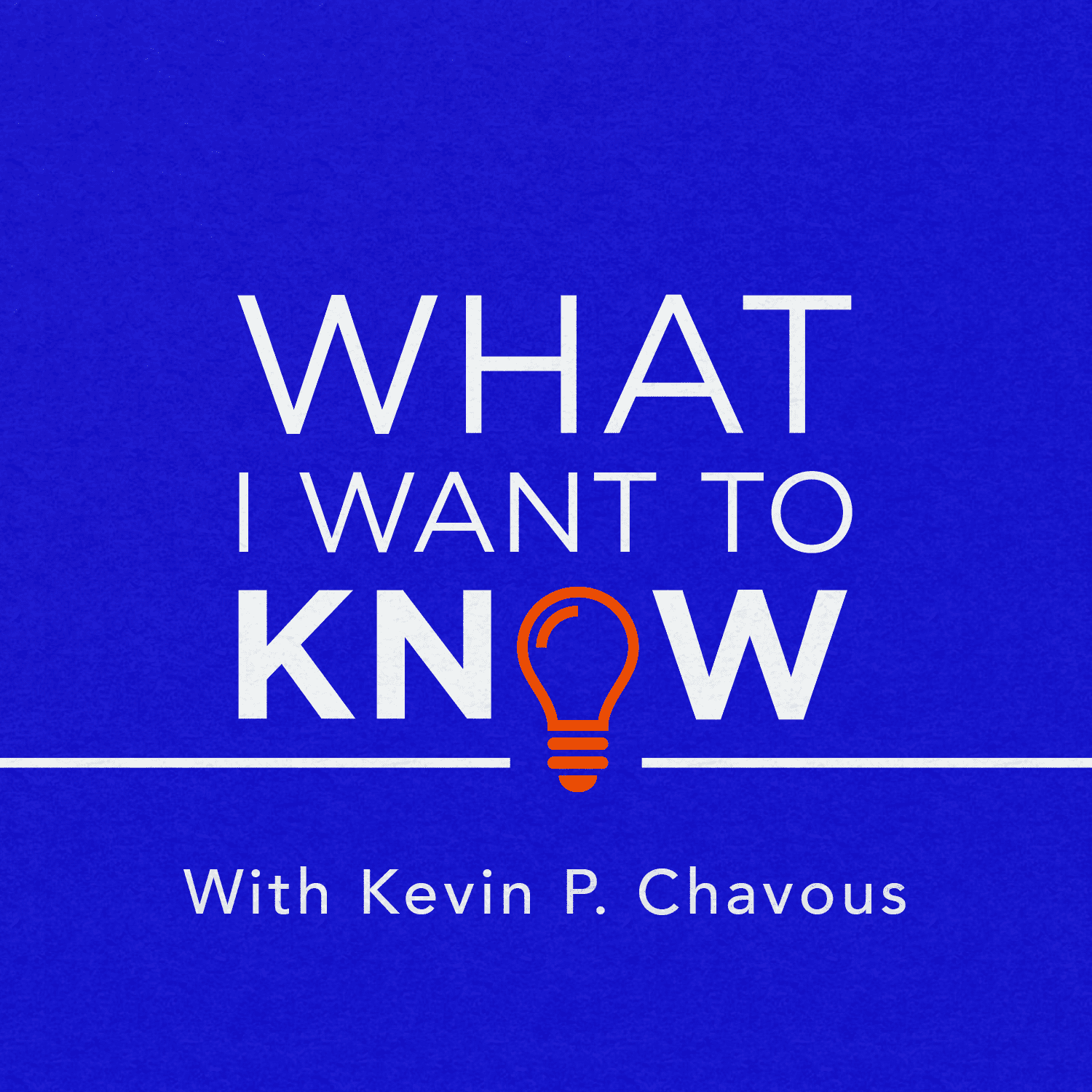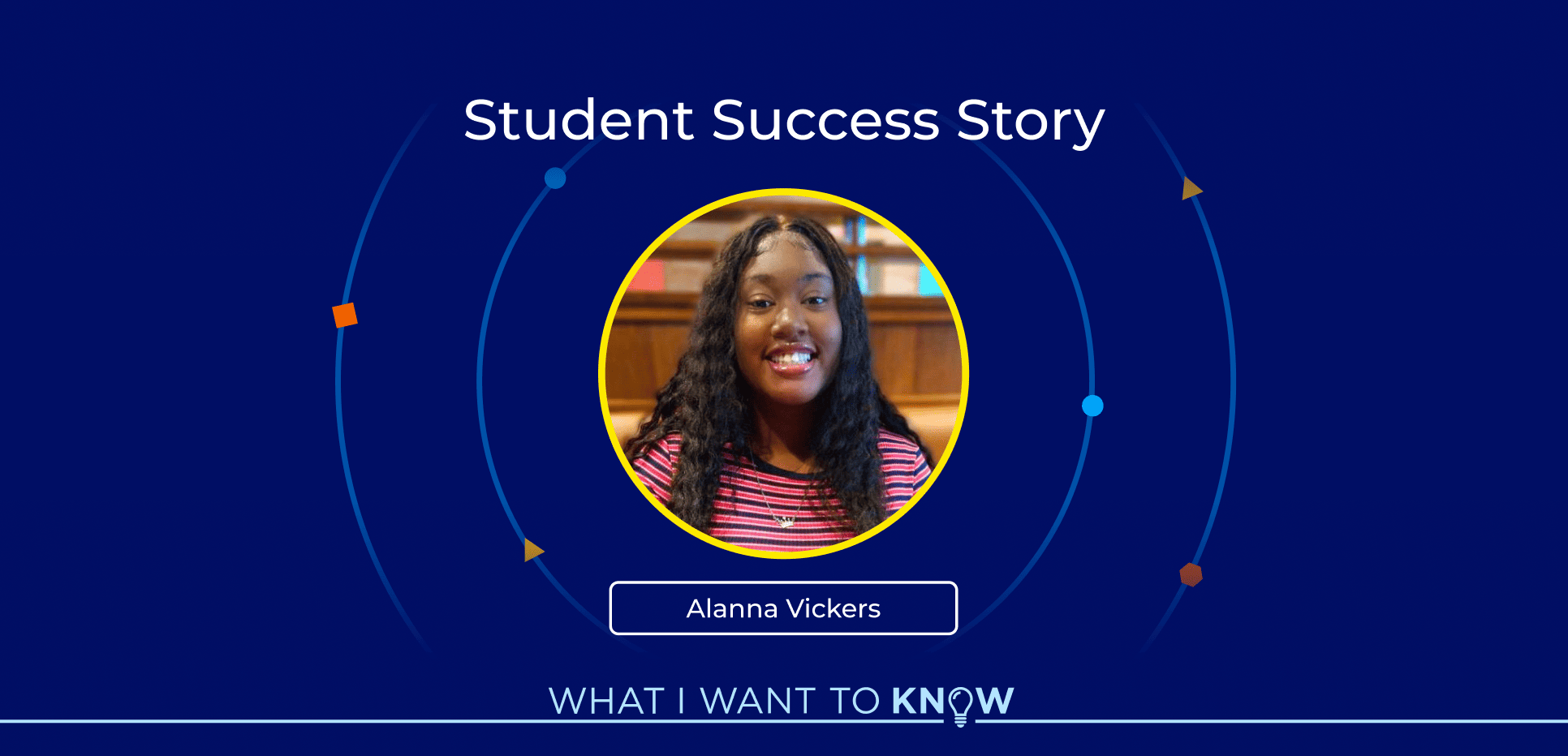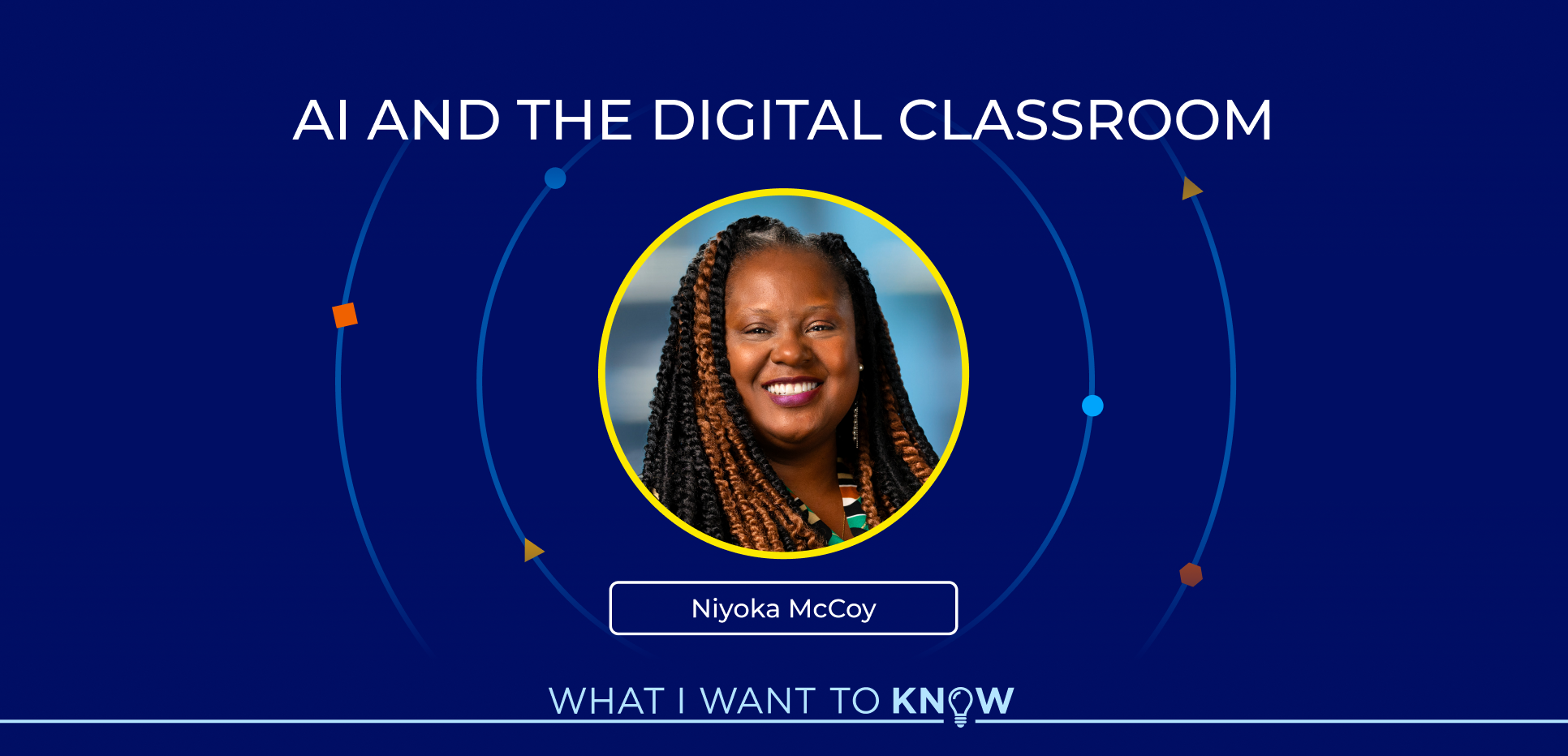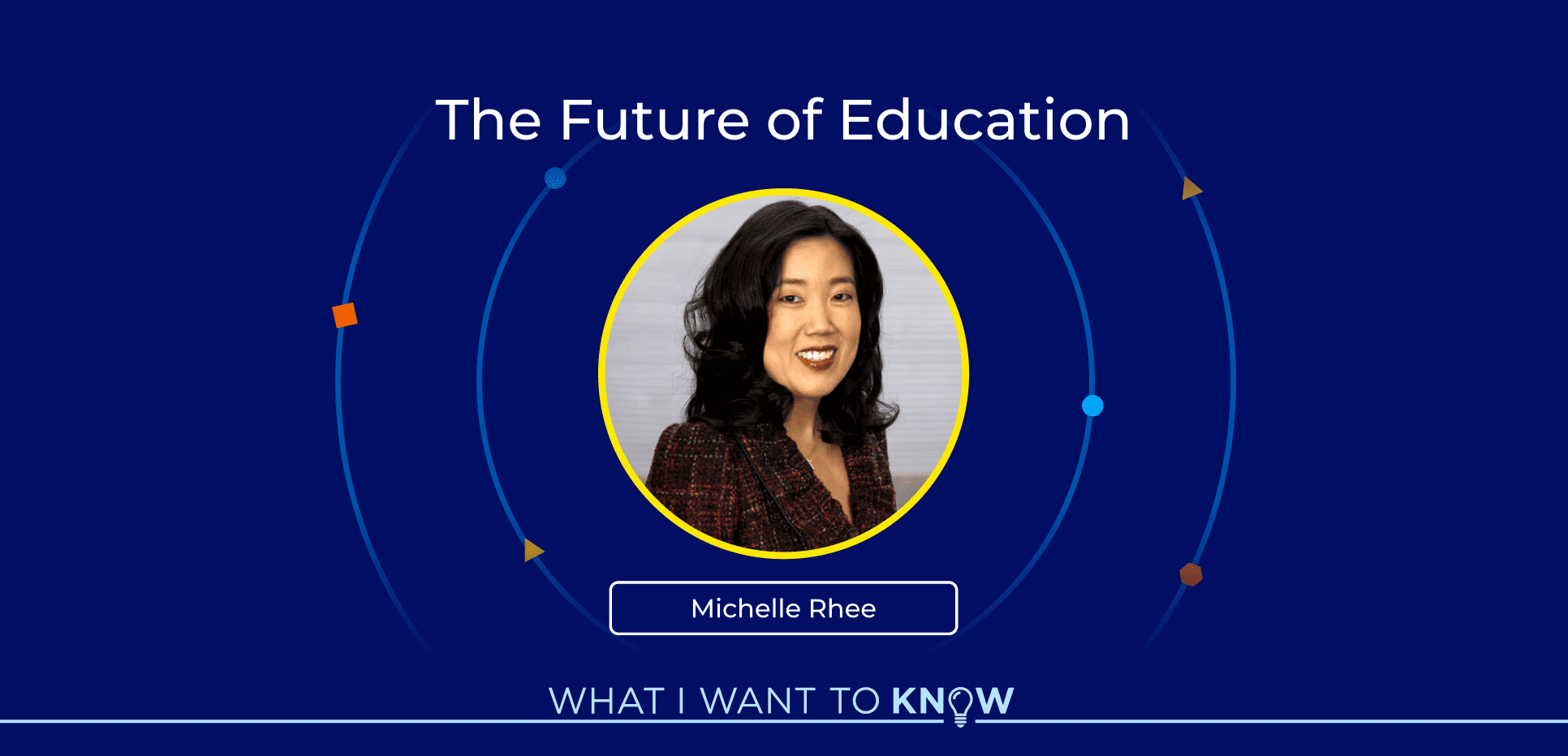Why isn’t there more diversity in young adult literature? According to the Cooperative Children’s Book Center’s report on diversity in young adult children’s literature, more than 40 percent of the main characters in the books it surveyed were white. No other demographic comprised more than 11 percent. Should literature introduce our children to perspectives and viewpoints different from their own? And how can we engage kids in literature if they don’t see themselves in the stories that they read?
In this episode, Kevin looks to Caroline Richmond, a YA author, and the interim executive director of We Need Diverse Books, to discuss why it is important for young adult literature to reflect the cultures, experiences, and perspectives that comprise its readership.
Listen to the Full Audio
Listen on: Apple Podcast, Spotify
Transcript
Kevin: Why isn’t there more diversity in young adult literature? According to the Cooperative Children’s Book Center’s report on diversity in young adult and children’s literature, more than 40% of the main characters in the books it surveyed were white. No other demographic comprise more than 11%. Should literature introduce our kids to perspectives and viewpoints different from their own? And how can we engage kids in literature if they don’t see themselves in the stories that they read? This is “What I Want to Know”.
Kevin: And today, I’m joined by author Caroline Richmond to find out. Caroline Richmond is an award-winning author who has sold more than 200,000 young adult novels worldwide, including “The Great Destroyers,” “The Only Thing to Fear,” and “The Darkest Hour.” She’s the interim executive director of We Need Diverse Books, a nonprofit organization that advocates for diversity in children’s literature. Caroline is with us today to discuss why it is important for young adult literature to reflect the rich tapestry of cultures, experiences, and perspective that comprise its readership. Caroline, I’m so excited to have you on the show. You are a visionary writer. You characterize as a young adult fiction writer, but you’re a writer who anyone and everyone would enjoy. I wanna talk to you though about your background and what led you to writing. I love the fact that you’re a self-described writer at heart and you always have been, and you wrote your first story in second grade.
Caroline: Unpublished. Still looking for a publisher. Yeah.
Kevin: I mean, how did you know that this was your thing?
Caroline: I think my love of writing stemmed from my love of reading. I was such a bookworm as a kid. I loved going to the library and bookstore with my dad and just getting lost in the bookshelves. And from there, you know, I wanted to create my own characters and stories. I was always that kid who was kind of daydreaming in class when I should have been listening to a lesson about, you know, algebra or something. And after college, after my day job every day, I would be, you know, working on my laptop trying to work on a story and get published.
Kevin: We definitely are kindred spirits. I was kind of that kid too. I mean, one, I love reading stories and I love going to the library. And also I know that you’re a lover of history. I absolutely adore history. My view is that not enough people understand history. If they did, we wouldn’t repeat it by making the same mistakes that history has shown us are mistakes. So, talk about this love of history, particularly as it relates to your writing because that’s one of the big draws that you put into your work.
Caroline: For a couple of years in my early 20s, I really considered becoming a history professor, but my true love has always been writing. And I guess I get lucky that I get to infuse both passions in my work. You know, I write historical fiction, so I get to actually use my liberal arts degree.
Kevin: One of the areas where you had a particular interest is Chinese history. So, one question I wanted to ask you in terms of your future writing, do you plan on including some Chinese historical reference in one of your upcoming books?
Caroline: I have been interested in maybe setting a book during the 1950s and 1960s in China. I thought it was just a…it’s a really fascinating period in history when China essentially closed itself off from the rest of the world. It was like a real-life dystopia. And it’s a world that my grandparents would’ve had to live in, but they were able to escape the communist in 1949 and they fled to Taiwan. But I think it’s a part of history that a lot of Americans don’t know about. I didn’t really learn about it until I was in college taking a contemporary Chinese history course.
Kevin: Often in America, the historical information we get about the other part of the world is truncated. It’s not always as full and complete. And I do agree that, you know, through historical fiction writing, you can get people to understand a lot better. You know, when it comes to this generation, people talk about, you know, the millennials, the X’s, Z’s, all these, you know, the next generation. They have so much coming at them so fast. Do you find that you have to tailor your writing in a way that recognizes all the other influences these kids are facing?
Caroline: I mean, Gen Z is amazing to me. They are so savvy. They are so knowledgeable about current events, like social justice issues and climate change and, you know, the history of our country. I think it’s really important when you write for young adults to never talk down to this demographic because they’re just so aware. They don’t need morality tales, they don’t need lesson books. They want a good story to immerse themselves in and we don’t need to simplify a plot line or add in a love triangle.
Kevin: So, let’s talk about We Need Diverse Books. You know, there are so many interesting statistics related to the fact that in young adult literature, if the goal is to try to get more and more young people to read fiction or to read period, it makes sense to have main characters who young people can connect with. So I know that’s been part of the thrust behind, We Need Diverse Books, but talk a little bit about its origins and the goals associated with your organization.
Caroline: We Need Diverse Books started actually as a hashtag on Twitter back in 2014. In the early spring of that year, the lineup of BookCon was announced and it included very little diversity. So, a group of writers, illustrators, educators, and publishing professionals decided to band together and advocate for more diversity in children’s literature. And they decided to rally on Twitter. They asked people to share stories and pictures of why we need diverse books. And much to everyone’s elation, the hashtag started trending on Twitter and our co-founders used that momentum to raise the seed money that so that we could create WNDB as an organization. And we are now a 501(c)(3) nonprofit. We run 12 programs that all advocate for diversity and literature and publishing.
Kevin: You’re an organization entitled, We Need Diverse Books, what do you do to drive that home so that there are more diverse books?
Caroline: So, we have three main goals. The first, we provide support to diverse writers and illustrators. This often comes in the form of grants and mentorships. And some of the writers we’ve served include Angie Thomas, the author of “The Hate U Give” and Angeline Boulley, the author of the “Firekeeper’s Daughter,” both are New York Times bestsellers. “The Hate U Give” is also a movie and the “Firekeeper’s Daughter” is under development at Netflix.
Kevin: I saw “The Hate U Give,” terrific movie.
Caroline: Yeah. Yeah. So, we’re really excited and proud of these writers who have come up through WNDB. Second, we want to diversify the publishing industry from within. We do this by helping marginalized interns get their foot into the door of the publishing industry. And we’ve currently assisted over 50 interns land full-time jobs, which is really neat. And third, we wanna reach out to students and teachers nationwide. We’ve thus far donated over 70,000 diverse books to schools and libraries and we plan on doing many more in 2022 and beyond.
Kevin: So, how do school officials respond to you? There is a school of thought that when it comes to traditional mainstream, well thought of literature that, you know, some of these old white guys in beards, as they say. And yet I understand many people are looking for diversity, but when it comes down to actually supplementing the books they use or replacing them, that’s another story. How has that response been as you engage schools and school districts?
Caroline: So far, for the most part, we’ve had a lot of enthusiasm from educators. We give away diverse books throughout the school year. We often get, you know, over 1,000 teachers and librarians hoping to get, you know, a box of books from us. And it’s from both audiences. We have educators in areas that are very, very diverse. And so they’re like, “We need books that reflect our students, that look like them that, you know, they can respond to.” But we also have educators in areas where their communities are pretty homogenous, pretty white, and they say, “This is the only diversity my kids will get to see. So, please send me a box of books because, you know, our community is rural and the book can become that window into another experience.”
Kevin: When it comes to your work, are you also able to provide support, resources, advice, what have you for aspiring writers? Kids who may want to write, they don’t know where to start, they don’t know how to get going. I find for many writers I’ve spoken with, having…and you mentioned that teacher you had in high school, that that means a lot, but for a lot of, you know…in a lot of underserved, kids don’t know where to start. How do you bridge those gaps?
Caroline: Those are actually goals that we are working toward. We would love to sponsor author visits to schools and especially writing workshops for young writers, you know, kids who are interested in writing but don’t know how to make a career out of it, or don’t even know how to start, you know, writing a story. So, that’s definitely one of our goals for 2022. We have some plans but with COVID, you know, things get kind of like knocked down the road a bit. But yeah, definitely be on the lookout for that.
Kevin: And the one question I want to ask you. I’m a big reader, writer as I told you. I believe in the power of books, but are books part of the future?
Caroline: I hope so. I mean, I know storytelling is constantly changing and, you know, there are now stories being published in tweets and in Instagram Stories. And I know audiobooks are very popular too, but I definitely see books as part of the future because there’s always this human need to tell and listen to stories.
Kevin: So, Caroline, one of the issues that’s top of mind in society is the issue of book banning. Where do you stand on that?
Caroline: I find banning books really sad. You know, why can’t we let kids read what they want? Why are we restricting, you know, the books available to them? I do understand the importance of providing books for kids that are appropriate to their reading level and maturity. You know, there are seven-year-olds out there who are advanced enough readers reading novels and they’re ready for that. My seven-year-old daughter isn’t quite ready for those yet. So, she is still working on chapter books and that’s something that we look for together. But finding age-appropriate books for kids is really different than banning books outright. Because when I look at the books that are getting banned, most often there are books by and about diverse people. And several books that are connected to WNDB ended up on that Texas State Legislature’s book ban list that came out, I think in November. You know, some of these books have one honors from WNDB and one of the books was written by one of our program managers who’s a picture book author. And I just find it, you know, very disconcerting, you know, because when we’re talking about banning books, oftentimes we’re really talking about silencing diverse voices.
Kevin: Some would argue though that the, and maybe you addressed it, the age-appropriate is really where some folks feel like they need to be monitored. How do you balance that?
Caroline: I think parents need to be very involved with what their kids are reading. Read with your kids, you know, pick up that book they’re interested in. And if you have some questions about that you’re not sure if they’re ready, read it together and talk about it, open up a dialogue. I think the more we close our kids off to the world, the more curious they’re gonna get about it. And that’s just something I’m trying to do at my own home. You know, sometimes there are books that I want to share with my daughter. I might not think she’s ready, but, you know, she surprises me a lot. You know, she’s seven, but she gets a lot more things about the world than I give her credit for.
Kevin: So, the book ban is one challenge, what are the other challenges you face as you engage people around this idea of being intentional with respect to having more diverse books on school bookshelves and libraries?
Caroline: Sometimes, you know, people don’t understand why the classics aren’t good enough or like, why are we…we don’t wanna replace the classics, right, but we want more modern contemporary stories being taught next to them. And just because a book is a classic doesn’t necessarily mean it should always be taught forevermore. You know, there’s amazing, incredible authors writing really exciting stories right now and we should take note. You know, these are stories that really interest our kids that hit at what they’re dealing with. So, I think we should really update some curricula.
Kevin: I think when it comes to classics, there are new classics in the works. Do you see any other authors or any particular subject matters that are on their horizon that will help sort of layout the case that there are instant classics in modern-day that should be on bookshelves?
Caroline: Yeah. Definitely. If your readers haven’t heard, the new Young Adult National Book Award winner was announced recently. It’s called the “Last Night at the Telegraph Club.” It’s by Malinda Lo. She is a queer Chinese American author. It has received eight-starred reviews, which is practically unheard of. It’s definitely a book to keep an eye out for. It’s set, I believe, in the 1950s in San Francisco. And one of my favorite why authors is named Stacey Lee. She writes historical fiction that centers on usually Chinese American young women. And what she does is she takes historical settings that we’re usually familiar with but she tells it from a point of view that we don’t associate with that era. So, one of her books, “Under the Painted Sky” follows a Chinese girl on the Oregon trail. And her favorite book of mine, “The Downstairs Girl” is about a Chinese young woman who is living in the reconstruction South.
Kevin: Wow. That’s a story I wanna read.
Caroline: Right? Yeah. It’s a fantastic book. And I think it hits at what you’re talking about. It’s a new classic.
Kevin: How do we get the word out there about these books?
Caroline: Buy them, read them, support the authors, you know, buy a copy for your kids’ library. You can always suggest books at your local libraries that they can look into acquiring. Leave reviews for your favorite diverse books on, you know, Goodreads, Barnes & Nobles website, Amazon, all of that really helps to signal-boost these stories.
Kevin: So, this is what I really want to know. What can we do to ensure that kids spend more time reading and less time on their screens?
Caroline: I would love to know advice for this too because my two kids are both so addicted to screens. But one thing that I found really works is just reading with them. It’s kind of like a magic trick that when I open a book and start reading, they go quiet and they will suddenly sit very still. Over the pandemic, I kind of rooted through some of my old boxes and I found a book I loved as a kid, “Sideway Stories from Wayside School.” This is my old like battered-up copy. And my kids loved it as much as I did when I first read it in like the fourth or fifth grade. So, if we can make reading a family activity, it really just shows kids how fun a book can be.
Kevin: See, that’s old school because I got into reading because of my father. We would read books together. And to hear you say that one of the solutions to help, I won’t say pull kids away from their screens but at least offer some balance to that, is to actually take the time and invest the time in reading with them. I still think that’s as powerful as it was many years ago.
Caroline: Yeah. And I think as adults too, sometimes we need to put the screens down. You know, if we want our kids to read, we have to…
Kevin: Do as I say not as I do.
Caroline: Exactly. You read a book, I’m gonna scroll through my iPhone.
Kevin: Yeah. Right. So, and reading about you, Caroline, you talk about the what if. Are there other what-ifs that we can do that can inspire a love of reading?
Caroline: One thing my dad did that I want to emulate with my kids is just take them to the library and let them explore. And don’t point them to the books we think they should be reading, that, you know, we think they should be interested in. That’s what my dad did. I think part of it was just he wanted to sit in a corner and read his newspaper and not be bothered, but it worked and meant my brother and I got to just comb through the shelves and explore and find the books that really spoke to us. And I loved that my dad never policed what we should be reading. As long as we stayed within, you know, the amount of books we could check out from the library, he really didn’t care what we wanted to read.
Kevin: Yeah. That’s well said, Caroline Richmond. Thank you for joining us on “What I Want to Know.” You’re doing great work and continue what you’re doing.
Caroline: Thank you so much for having me.
Kevin: Thanks for joining “What I Want to Know.” Be sure to follow and subscribe to the show on Apple Podcast, Spotify, or your favorite podcast app. And don’t forget to write a review too, explore other episodes and dive into our discussions on the future of education. I also encourage you to join the conversation and let me know what you want to know using #WIWTK on social media. That’s #WIWTK on social media. For more information on Stride, visit stridelearning.com. I’m your host, Kevin P. Chavous. Thank you for joining “What I Want to Know.”
Meet Caroline
Caroline Richmond is an award-winning author who has sold more than 200,000 young adult novels worldwide, including The Great Destroyers, The Only Thing to Fear, and The Darkest Hour. She is the interim executive director of We Need Diverse Books, a nonprofit organization that advocates for diversity in children’s literature.







